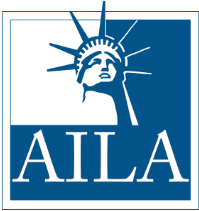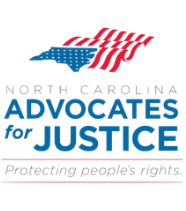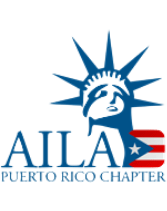I Was in an Accident with an Emergency Vehicle. Now What?
 Navigating the rules of the road can be challenging, especially when encountering emergency vehicles like police cars, fire trucks, and ambulances. Understanding your obligations as a private motorist when you get into an accident with an emergency vehicle and whether these vehicles are exempt from traffic laws can help you handle these situations more effectively. If you live in North Carolina and were in an accident with an emergency vehicle, contact an attorney to ensure you understand your rights completely.
Navigating the rules of the road can be challenging, especially when encountering emergency vehicles like police cars, fire trucks, and ambulances. Understanding your obligations as a private motorist when you get into an accident with an emergency vehicle and whether these vehicles are exempt from traffic laws can help you handle these situations more effectively. If you live in North Carolina and were in an accident with an emergency vehicle, contact an attorney to ensure you understand your rights completely.
What to Do If You Get into An Accident with an Emergency Vehicle
Getting into an accident with an emergency vehicle can be a stressful and confusing experience. Some tips to recovering from such an accident include:
-
Stay calm and safe – First and foremost, ensure everyone’s safety. If possible, move to a safe location and check for injuries. Call 911 immediately to report the accident and request medical assistance.
-
Exchange information – Just like any other accident, exchange information with the driver of the emergency vehicle. This includes names, contact details, insurance information, and vehicle registration. Cooperate, but avoid discussing or admitting fault at the scene.
-
Document the scene – Take pictures and videos of the accident scene, vehicle damages, and any relevant traffic signals or road conditions. Gather contact information from witnesses who can provide an unbiased account of the accident.
Are Emergency Vehicles Exempt from Traffic Laws?
Emergency vehicles are given certain privileges under North Carolina law to perform their duties effectively. However, these exemptions come with specific conditions. Examples of traffic law exemptions for emergency vehicles include:
-
Exceed speed limits when responding to emergencies.
-
Proceed through red lights or stop signs after ensuring it is safe to do so.
-
Travel against the flow of traffic or on the shoulder of a road when necessary.
-
Park in restricted areas to carry out emergency functions.
Emergency Vehicles Still Must Exercise a Duty of Care
While they do have some leeway, emergency vehicle operators are required to drive with regard to the safety of all road users. Negligent driving, even if responding to an emergency, can result in liability for damages and injuries.
Responsibilities of a Private Motorist
As a private motorist, you must:
-
Yield to the right-of-way of emergency vehicles displaying flashing lights and sounding sirens.
-
Move to the side of the road and come to a complete stop, allowing the emergency vehicle to pass.
-
Avoid obstructing emergency vehicles and provide them with a clear path.
Contact Our Johnston County, NC Emergency Vehicle Accident Injury Attorney
In North Carolina, understanding the laws regarding emergency vehicles can help you navigate these situations more confidently. If you were involved in an accident with an emergency vehicle, contact the skilled Charlotte, NC emergency vehicle accident injury lawyers with Vasquez Law Firm, PLLC. Our team of five attorneys is ready to ensure your rights are defended. Contact us at 1-844-YO-PELEO for a free consultation today.


















